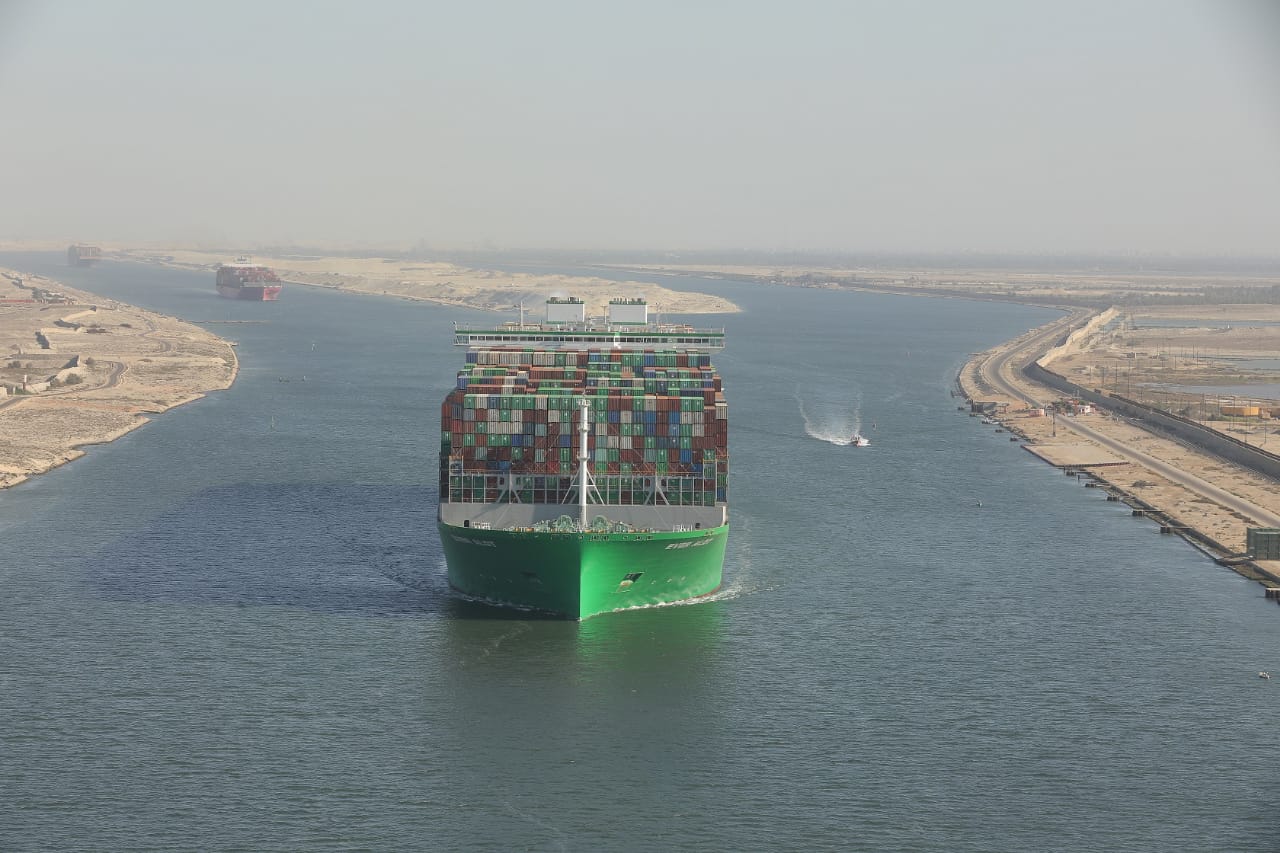The Suez Canal remains one of the world’s most critical maritime arteries, handling nearly 12% of global trade. As an essential link between Europe, Asia, and Africa, any disruptions or updates in this strategic waterway have far-reaching effects on international shipping, fuel prices, and global supply chains. In this post, we dive into the latest developments, challenges, and strategies to mitigate their impact.
Latest Updates on the Suez Canal
- Rising Transit Fees: The Suez Canal Authority (SCA) has introduced increased toll fees in response to inflation and maintenance costs, affecting shipping expenses worldwide.
- Traffic Congestion: Due to geopolitical tensions and increased global demand, vessel traffic remains high, leading to occasional delays.
- Environmental Initiatives: New regulations for low-emission vessels are being introduced, pushing for greener maritime practices.
- Expansion Projects: The canal continues to undergo dredging and expansion efforts to accommodate larger vessels and improve transit speed.
- Weather and Navigational Risks: Seasonal high winds and visibility issues sometimes impact vessel movement, causing temporary bottlenecks.
Key Challenges Facing the Suez Canal
- Geopolitical Tensions & Security Risks
- Increased naval presence and security checks due to geopolitical conflicts in the Middle East.
- Threats of piracy or potential trade route blockages heighten uncertainty for operators.
- Rising Costs & Economic Impact
- Higher toll rates directly affect shipping costs and freight rates, influencing global inflation.
- Fuel price fluctuations impact bunker supply strategies for vessels using the canal.
- Increased Vessel Size & Limited Expansion
- As more mega-container ships pass through, congestion risks remain high despite ongoing expansion efforts.
- Delays in canal widening projects could restrict the flow of large vessels in peak seasons.
- Alternative Trade Routes Emerging
- Some shipping companies are rerouting vessels via the Cape of Good Hope, increasing transit times but avoiding Suez-related risks.
- The potential development of Russia’s Northern Sea Route (NSR) could impact long-term reliance on Suez.
How Xmoverz is Navigating Suez Canal Challenges
Xmoverz is committed to optimizing maritime logistics in response to these evolving challenges:
- Alternative Route Planning: Offering dynamic logistics solutions, including alternative transit options based on live updates.
- Smart Fuel Management: Providing strategic bunker solutions to offset cost fluctuations caused by toll increases.
- 24/7 Risk Monitoring: Leveraging real-time data analytics to assess congestion risks and optimize scheduling.
- Security Partnerships: Collaborating with security agencies to ensure safe transit for vessels passing through high-risk areas.
- Sustainability Integration: Assisting shipowners in meeting new environmental regulations set by the SCA.
Best Practices for Vessel Operators Using the Suez Canal
- Monitor Real-Time Updates: Stay informed on toll changes, congestion levels, and security alerts before planning transit.
- Optimize Fuel and Route Planning: Consider alternative fuel-efficient routes if delays are expected.
- Enhance Security Measures: Work with trusted security firms when transiting through risk-prone waters.
- Leverage Digital Solutions: Use AI-based tracking systems to monitor transit times and optimize cargo schedules.
Xmoverz’s Commitment to Supporting Global Trade
As a leader in maritime solutions, Xmoverz provides:
- Comprehensive Logistics Support: Ensuring smooth transit for clients using the Suez Canal.
- Strategic Risk Mitigation: Real-time updates on potential disruptions and rerouting strategies.
- Sustainable Shipping Practices: Aligning with international environmental goals for greener maritime operations.
- Reliable Global Network: Extensive port connections to provide alternative solutions if Suez congestion affects schedules.
Conclusion
The Suez Canal continues to be a pivotal hub in global trade, yet it faces ongoing challenges that require adaptability and strategic planning. With rising costs, security concerns, and increased vessel traffic, shipping companies must stay informed and proactive. Xmoverz remains at the forefront of maritime logistics, offering innovative solutions to help vessel operators navigate these complexities efficiently.
Get a personal consultation.
Call us today at +20 106 618 7802
Helpful data about our supported ports.
